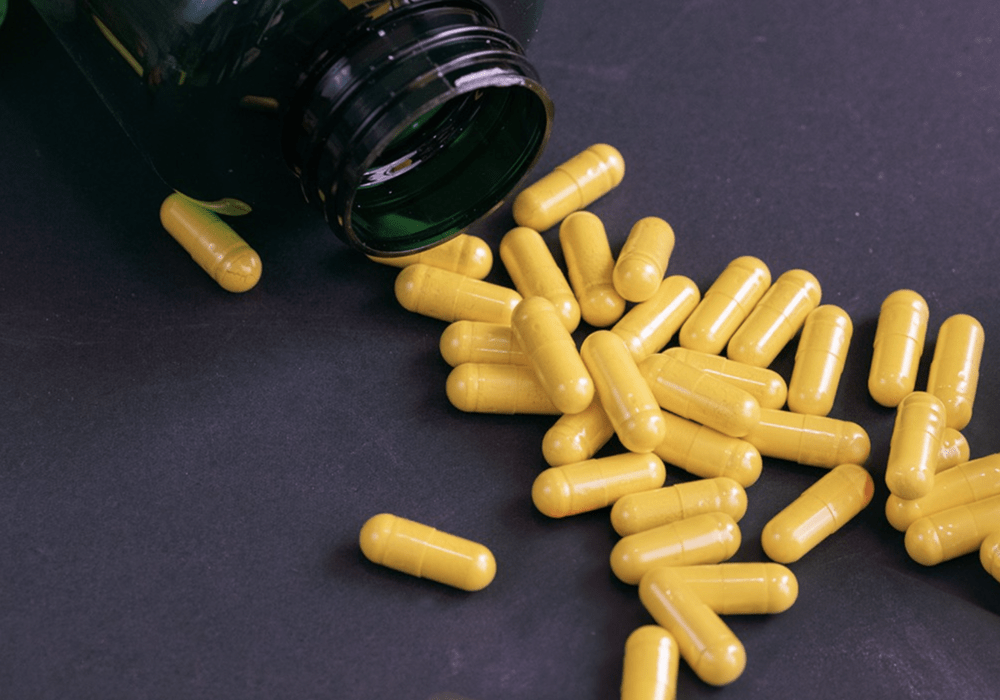By Jyothirmai Gubili, MS, Melissa Emerzian, MSN, AGPCNP-BC, CBCN®, and Yen Nien (Jason) Hou, PharmD, Dipl OM, LAc
Type 2 diabetes has been linked to an elevated risk for liver, endometrial, pancreatic, and other cancers. Furthermore, patients with diabetes and cancer have higher disease-related mortality and are at a greater risk of infections. Evidence also supports an inverse association between serum HDL cholesterol and cancer risk. To lower their blood sugar and cholesterol levels, some patients use dietary supplements such as berberine.
Berberine for Blood Sugar and Cholesterol
An alkaloid found in plants such as prickly poppy and goldenseal, berberine is used in both Ayurveda and traditional Chinese medicine to treat infections and inflammatory and digestive disorders. Some evidence suggests that it may support healthy cholesterol and blood sugar levels.
In a meta-analysis of 16 clinical trials involving 2,147 patients with hyperlipidemia, researchers said that the studies showed that berberine significantly reduced levels of total cholesterol by 0.47 mmol/L, LDL cholesterol by 0.38 mmol/L, and triglycerides by 0.28 mmol/L. In those studies, patients’ daily dose of berberine ranged 600–1,500 mg for 1–24 months. However, the authors noted that the majority of the studies were heterogenous or had a high risk for bias and that additional, well-designed trials were needed to confirm the results.
Another research team conducted a systematic review of 11 clinical trials involving 874 patients with hyperlipidemia, type 2 diabetes, or both diseases. They found that berberine was associated with significant reductions in total cholesterol (0.61 mmol/L), triglycerides (0.50 mmol/L), and LDL cholesterol (0.65 mmol/L) compared to the control group. The berberine dose was 0.5–1.5 g for an 8- to 52-week treatment period.
Other studies have demonstrated berberine’s synergistic effect with probiotics in lowering lipid levels in patients with type 2 diabetes, as well as a fasting plasma glucose–lowering effect.
Additional findings suggest that the supplement may have a role in cancer prevention. Based on the results of a large (N = 1,108) multicenter trial, researchers reported that 0.3 mg of berberine twice daily reduced the risk of recurrence of colorectal adenoma (relative risk ratio for recurrence = 0.77, 95% CI = 0.66–0.91, p = 0.001).
Implications for Clinical Practice
Although the exact mechanisms underlying berberine’s atheroprotective effects are not fully known, current evidence suggests that berberine regulates dyslipidemia, reduces inflammation and platelet aggregation, and modulates gut microbiota.
Mild adverse events reported in clinical studies include anorexia, upset stomach, diarrhea, constipation, and rash. Because it may reduce activity of cytochrome P450 2D6, 2C9, and 3A4 enzymes, oncology nurses should evaluate patients’ full medication and supplement inventory to look for the potential for berberine–prescription drug interactions, such as those metabolized by cytochrome P450 liver enzymes.
What Oncology Nurses Need to Know
Patients with cancer may have comorbidities such as diabetes, hyperlipidemia, and cardiovascular diseases and may use dietary supplements to manage those conditions.
Because patients may underreport or have little information about supplement use, oncology nurses must proactively take a detailed and thorough inventory of all supplements and educate patients on potential interactions with their cancer-directed therapies. Understanding that herbs, vitamins, supplements, unless properly administered, can pose harm may influence patients’ willingness to take them. By starting those conversations, nurses can empower patients to seek appropriate clearance from their medical teams.






